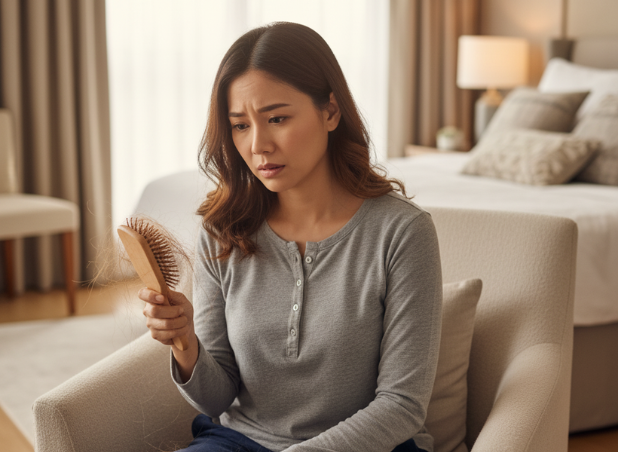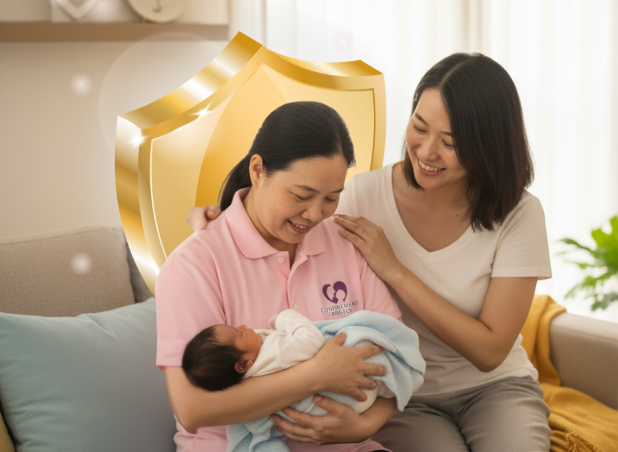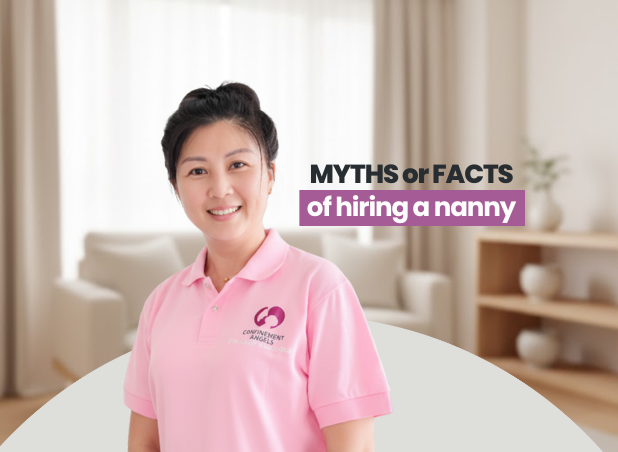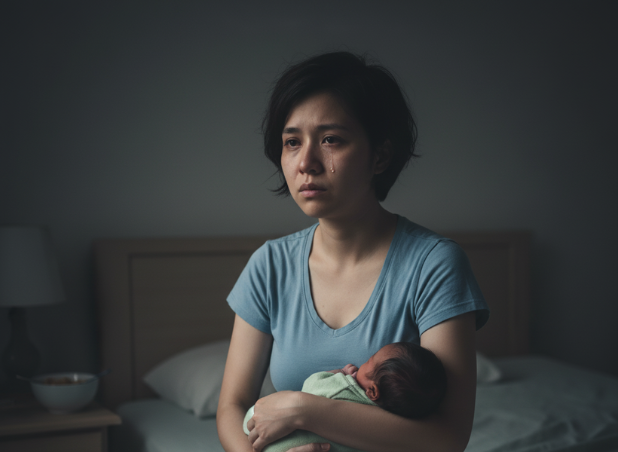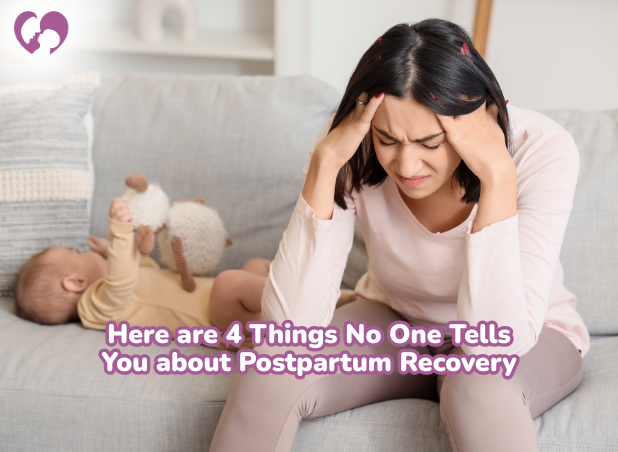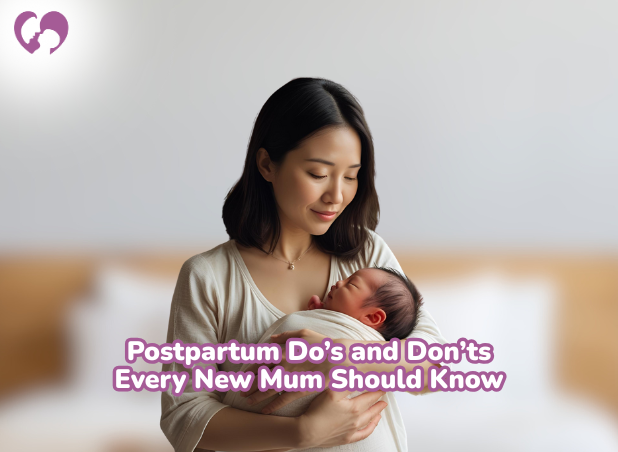Congratulations on your journey into motherhood! The months leading up to childbirth are filled with excitement, joy, and a bit of anxiety about the changes your body will undergo. One aspect that often catches new mothers by surprise is postpartum hair loss, a common condition that can affect you two to four months after giving birth. Understanding this phenomenon can help ease some of your concerns, and with the right strategies, you can navigate this transitional period confidently.
What is Postpartum Hair Loss
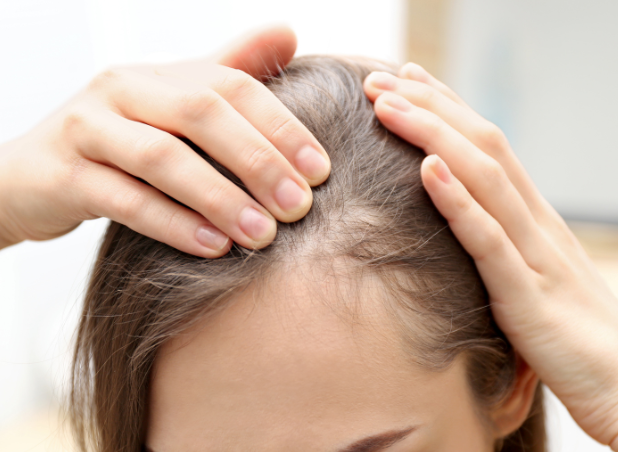
Postpartum hair loss, or telogen effluvium, is when you lose more hair after having a baby. For many women, this involves noticing more hair than usual on your pillow, in your brush, or in the shower. It usually starts around 2 to 4 months after delivery and can last for several months.
Why Does Postpartum Hair Loss Happen?
The primary driver behind postpartum hair loss is the hormonal shift that comes with the transition from pregnancy to postpartum.
Hormonal Changes
One of the reasons is hormonal changes. During pregnancy, elevated hormones keep more hair than usual in the growth phase, resulting in thicker, more luscious locks. After giving birth, however, hormone levels drop, leading to increased shedding as more hair moves into the resting phase. This process can feel overwhelming, but it’s a normal part of recovery.
In addition to hormonal changes, other postpartum conditions may worsen shedding:
- Stress: Both the physical recovery from childbirth and the emotional adjustments of new motherhood can increase hair fall.
- Nutritional deficiencies: A lack of key nutrients, especially while breastfeeding, may make hair loss more noticeable.
- Thyroid problems: It can be also a sign of postpartum thyroiditis. An underactive or overactive thyroid, which can emerge postpartum, may trigger or worsen hair loss.
- Iron deficiency (anemia): Pregnancy increases the body’s iron demands significantly. Without enough intake through food or supplements, it’s easy to become deficient. Low iron levels are common after delivery and may contribute to thinning hair.
Tips for Managing Postpartum Hair Loss
A well-balanced diet plays a crucial role in supporting hair health during this time. In Singapore, access to fresh produce and protein-rich foods makes it easier than ever to nourish yourself and promote hair regrowth. So, what’s the tips for managing it? Focus on consuming foods high in iron, zinc, biotin, and vitamin D, such as lean meats, eggs, nuts, seeds, spinach, and citrus fruits. Consult with a healthcare professional to ensure you’re meeting your nutritional needs.
You can also consider some supplements like biotin or prenatal vitamins to support healthy hair growth.
Support Postpartum Hair Loss with Gentle Hair Care
Because of Singapore’s warm climate, it’s important to have a gentle hair care routine. This helps reduce stress on your hair. Use a gentle shampoo and conditioner that nourish the scalp. Also, avoid blow-drying on high heat, and minimize chemical hair treatments like coloring, perming, or straightening.
When to Seek Medical Advice
While postpartum hair loss is usually normal, there are circumstances when it may be worthwhile to consult a healthcare professional. If you have a lot of hair loss, bald spots, or if hair loss lasts a long time after giving birth, it’s a good idea to see a doctor.
A note from Confinement Angels
Most women begin to notice a reversal of postpartum hair loss around six to twelve months postpartum. Patience is key, as your body adjusts and recovers from pregnancy. By focusing on nutrition and a gentle hair care routine, you will support this natural process.
Postpartum hair loss is a normal part of pregnancy and childbirth and won’t affect your baby. Remember, you are not alone in this experience, and there are ways to manage it effectively. This is also why a proper confinement period matters. It’s not just about rest, but also about nourishing your body from the inside out.
At Confinement Angels, our experienced nannies prepare wholesome, nutrient-rich meals tailored for new mothers. This is to help you replenish essential vitamins and minerals while supporting postpartum recovery.

